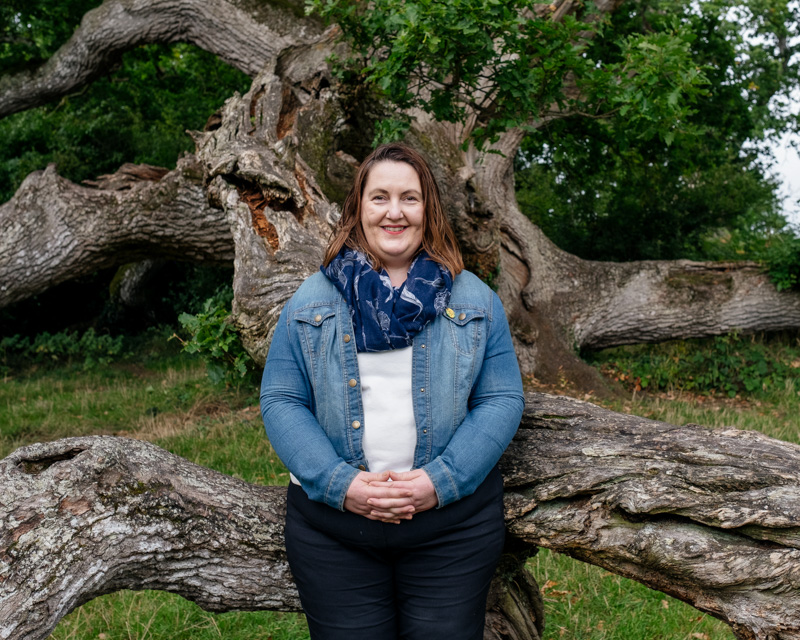“I was told when I was four that I was adopted. I was placed with my parents when I was just a few days old and was very lucky in that we had a great bond right from the start. I grew up in the 1970s in a loving household with my parents and grandparents, always with a sense of history and heritage. Being adopted wasn’t something that ever was an issue for me or my parents. My mum always said anyone could have a baby after nine months of pregnancy, but she had to wait four years to have me.
The logic behind being told about my adoption at such a young age was that I was just about to start school, and my parents wanted to protect me. They didn’t want any of the children at school to tell me before they had had a chance to. They were grounded and factual about it, and I was always encouraged to ask questions, which I did. As the years went by, I wanted to know more, but all they could give me was scant. So when I was 11, I started to write letters to the adoption agency. I wanted to know who my birth parents were, what they looked like, who did I look like, and what time was I born – the questions any child asks and is told as they are growing up.
Everyone questions and forms their own identity as they get older, but with adoptees, it’s a little bit different. As you’re getting into your 40s and 50s, you may still be looking for the most basic information about yourself. I was 38 when I found out what time I was born, and for me to find that tiny piece of information, I had to overcome significant hurdles. I wasn’t allowed to have my original birth cert. To get it, I had to apply for it and meet with a social worker to discuss my family, my background, my upbringing, how I felt about my adoption and my views on my birth parents. It was very intrusive. The social worker had to write a report after that meeting and another about what my birth mother thought. Members of the AAI (Adoption Authority of Ireland) then sat down and decided if they would release it.
I have never had a problem with the fact that I was adopted. I have a problem with being lied to, I have a problem with information being withheld, and I have a problem with secrecy. The AAI and Tusla cite the birth mother’s privacy as a reason for withholding information, but at the very least, adoptees require their medical history on both sides. Ironically, the main reason that contact has to be made with birth families is that there is so little information held on file. I found this out the hard way when doctors advised me to get access to my medical background after our first child was born.
My fervent wish is that all adoptees would benefit from the legacy I have been given by my parents, which is to pursue their identity unapologetically. To have their information and identity and to have autonomy over their name. I don’t think there should be any child with a birth certificate who doesn’t have the benefit of having both parents named on it when names are given, even if just for posterity.
When I was born in the 1970s, homosexuality was illegal, contraception was unavailable, and adoptions were closed. We celebrate ‘progress’ in two areas while resolutely ignoring the third. Irish society has moved on, but approximately 150,000 adoptees are still subject to legislation from 1952.
I feel that it is my responsibility, having walked through the flames, to go back with buckets of water for the people coming behind me and not allow Minister Zappone to bring in a bill that will do nothing to recognise adoptee identity rights. This proposed bill does not allow an automatic right for an adoptee to access their information; it simply allows a qualified right “to apply”. My husband and I recently delivered a briefing to TDs and Senators in Leinster House on access to information, human rights and the challenges adoptees face accessing information. Their question to us was, “what do other countries do?”
I think that Ireland has an opportunity to lead on this issue. We have led on so much already, plastic bags, the smoking ban, same-sex marriage, why not lead on this?”

